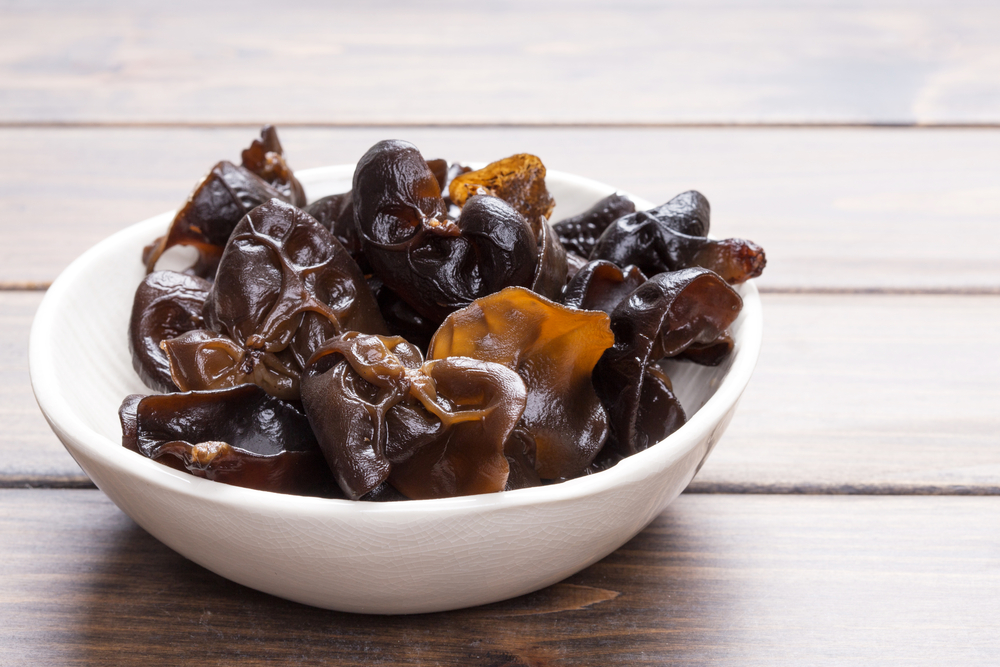Contents:
- Medical Video: Emmy's Food Allergy Journey
- Identify every food allergy
- 8 foods that often cause allergies
- Food allergy symptoms that must be monitored in infants
- Severe food allergy symptoms: when to seek medical attention
- Overcome mild allergic symptoms
- Relationship to food allergies with family
- Protect babies from food allergies
Medical Video: Emmy's Food Allergy Journey
Giving solid food to babies is a pleasant thing for parents. However, this raises many questions and concerns, especially about food allergies. What foods might cause allergies in infants? How to avoid allergies?
Identify every food allergy
It is important to introduce new foods to your child gradually, one by one, to make it easier for you to detect signs of certain food allergies. For example, if you give your baby three new foods at a time and he has an allergic reaction afterwards, it is difficult for you to know which foods are causing allergic reactions.
The type of food or the order of feeding is not a problem, provided that the food you offer is healthy and balanced for your baby. Every time you offer a new meal, you have to wait three to five days before adding other new foods. Don't get rid of the food your child is currently consuming when you provide new food; You already know this food is safe because the child hasn't had an allergic reaction to food until now. Don't add any new foods.
8 foods that often cause allergies
With new foods, you may need to be careful about allergic reactions. There are more than 160 foods that cause allergies; certain foods may have a higher potential for allergies than other foods. Here are eight foods and food groups that can cause allergies 90%. You might want to wait until the baby is bigger to try some of these foods, especially peanuts. In fact, many experts recommend waiting until your child is 3 years old before trying beans. Ask your pediatrician if you are unsure about certain foods.
- Milk
- Egg
- Peanuts
- Nuts
- Fish
- Shellfish
- Soy
- Wheat
Food allergy symptoms that must be monitored in infants
Symptoms of food allergies usually appear as soon as food is eaten, in a few minutes to several hours. If you provide new food for your baby, keep an eye on these symptoms:
- Itching or warts
- Reddened skin or rash
- Swelling of the face, tongue, or lips
- Vomiting and / or diarrhea
- Cough or shortness of breath
- Hard to breath
- Lost consciousness
Severe food allergy symptoms: when to seek medical attention
Severe allergic reactions can be fatal very quickly. If your baby has difficulty breathing / gasping, experiencing facial / lip swelling, or having diarrhea or vomiting after eating, immediately contact the nearest emergency department. You can inform your pediatrician at a later time.
Overcome mild allergic symptoms
If you notice any mild symptoms, such as hives or rashes, contact your pediatrician for further evaluation. After an allergy is identified, the doctor will provide a treatment plan to deal with allergies (usually, removing certain foods from your baby's diet) and overcoming accidental allergic exposure.
Remember, just because the baby's initial allergic reaction to new foods may seem trivial, but an allergic reaction may worsen at the next feeding. Talk to your pediatrician about symptoms of food allergies in your baby.
Some allergies will disappear over time. Egg and milk allergies often disappear with the age of the child, but allergies to nuts, seeds, and shellfish tend to persist.
Relationship to food allergies with family
Until recently, the American Academy of Pediatrics recommended that parents wait until the age of 1 year to introduce dairy products, age 2 to introduce eggs, and age 3 to provide food for peanuts, tree nuts and fish. However, in early 2008, AAP changed this recommendation, which was based solely on expert opinion rather than specific specific evidence.
The new AAP guideline states that unless there is a significant medical history of food allergies in the family, there is no evidence that delaying food introduction until a year later can reduce the risk of an allergic baby. In fact, there is some evidence that the initial introduction of some of these foods, such as peanuts, can make your child's allergies tend to decrease. Consult your pediatrician for further advice.
Protect babies from food allergies
Many pediatricians still recommend waiting until your baby is a little older (around 9 to 10 months) before offering 8 types of foods that cause allergies. Even if there is no increased risk of allergies, doctors emphasize that allergic reactions may be easier to treat in older babies. Some pediatricians are concerned about the severity of certain allergic reactions to peanuts and shellfish, and suggest that the child does not consume them until he is at least 3 years old.
Fresh cow's milk should not be given to babies less than 1 year old, because protein in fresh milk can hurt the stomach. However, yogurt and soft cheese do not cause problems, because these dairy products are processed in such a way that the protein is easier to digest and does not cause stomach problems. You also have to wait until at least 1 year of age (some experts say 2 years old) to introduce honey, because honey can cause a potentially serious disease called botulism in infants.












